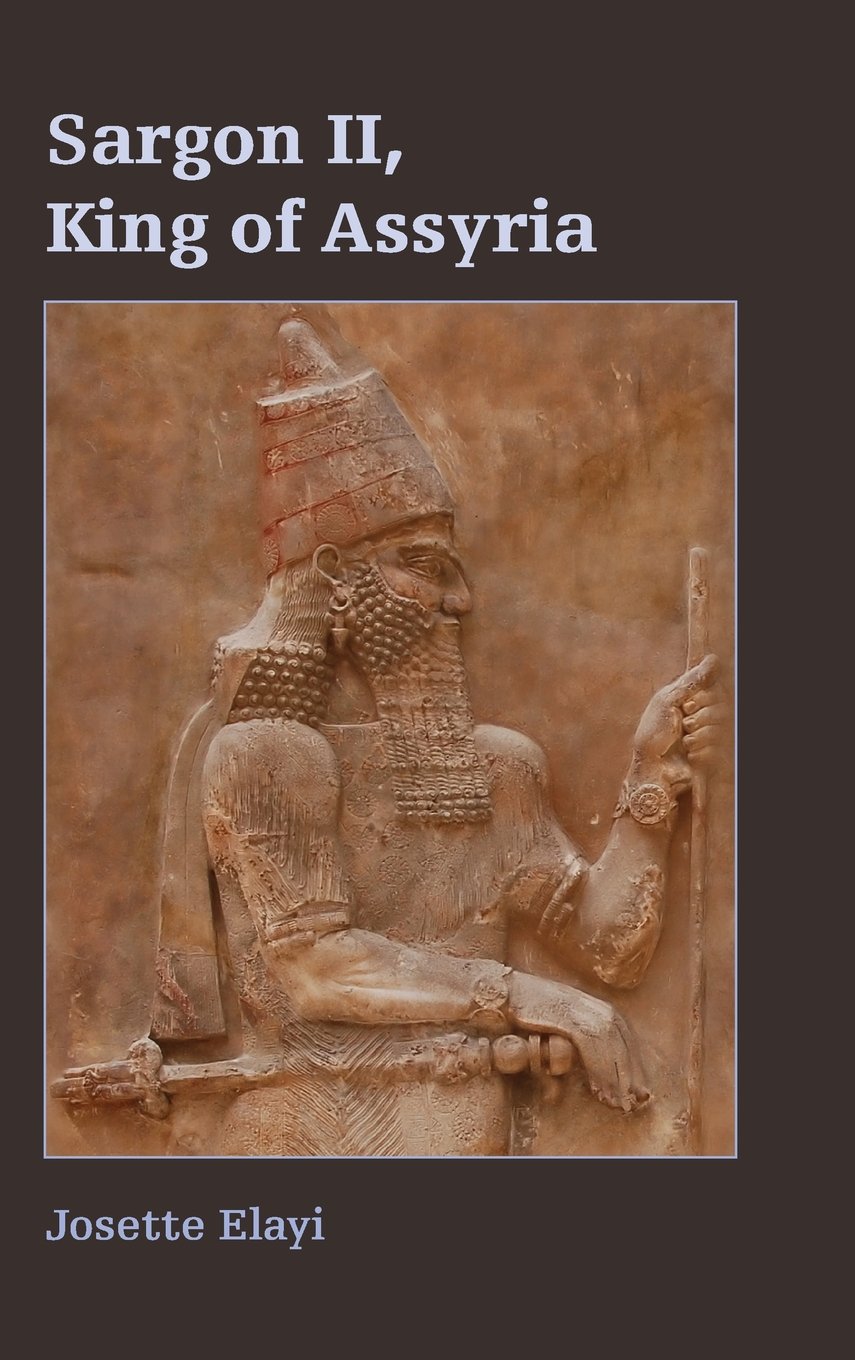Culture of defeat: the submission in written sources and the Archaeological record of the Ancient Near East
Cultura da derrota: a submissão segundo fontes escritas e registros arqueológicos do Antigo Oriente Médio
Seminário da Universidade Hebraica de Jerusalém e da Universidade de Viena: dias 22 e 23 de outubro de 2017. Na Universidade Hebraica de Jerusalém.
War and conquest figures prominently in all disciplines of ancient Near Eastern studies. They are usually reflected in textual sources as military campaigns and/or narratives of victory, and preserved in the archaeological record most commonly as destruction layers. In general, the successful agent in a conflict, his motivations, strategies and method is often the focus of the analysis.
To date, little attention has been given to the defeated party in conflicts. This can be ascribed both to a bias or ambivalence of both historical and archaeological records, where the response to defeat rarely constitutes the focus of the respective source, as well as to an intrinsically human preference to focus on ‘successful’ events, such as conquest, innovation, growth and expansion, thus reinforcing, or even skewing the historical account towards the successful party. However, the defeated entity often experiences a much more significant, often traumatic, and enduring impact. Different response mechanisms emerge, depending on the magnitude and type of defeat, and the cultural context in which this event is in embedded.
This workshop aims to focus on conflicts from the Late Bronze, the Iron Age Near East up to the Babylonian period, exploring (cultural) responses of defeated parties. Participants are asked to examine major sources of their field of expertise, such as the Biblical narrative, Assyrian administrative records, royal inscriptions and iconographic representations, as well as the archaeological record in light of accounts on conflict, focusing on the responses of the defeated party. This seminar intends shedding new light on the consequences and reactions to defeat and gaining a more nuanced and complete picture of conflicts. It further aims to initiate a more in-depth dialogue between interconnected disciplines, from Archaeology, Assyriology and Bible Studies, which far too often remain isolated.
Veja o livro.

